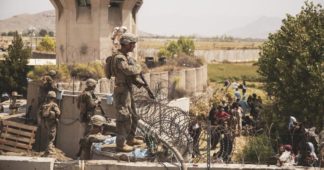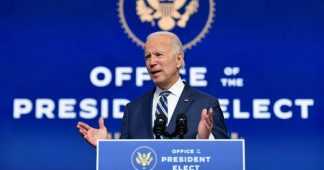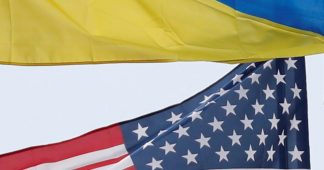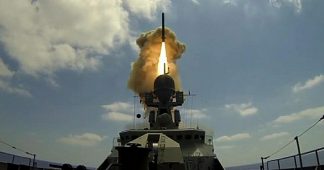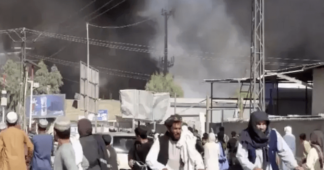Posted on
During a 7-minute interview today I was asked whether a lack of good intelligence accounts for the surprisingly rapid Taliban takeover in Afghanistan.
I used the opportunity to ring some intelligence-related changes on what Aeschylus wrote so long ago: “In war, truth is the first casualty.” When U.S. forces are engaged in war independent intelligence analysis ranks right up there with truth as casualty.
This was abundantly clear at a critical juncture during the war in Vietnam. In 1967, an intelligence community National Intelligence Estimate (NIE) on enemy strength was suppressed. Richard Helms, head of the intelligence community as well as of CIA, declared he would not dare to get into a “pissing contest” with the US Army at war. And so, the South Vietnam-wide Viet Cong offensive at Tet (Jan.-Feb. 1968) came as a disastrous surprise to folks who bought what “military intelligence” in Saigon had been saying.
Gen. Petraeus and Defense Secretary Robert Gates were taking no chances in early 2007 as they successfully maneuvered to prevent an NIE prior to the “surge” in Iraq. That surge cost the lives of an extra 1,000 US troops, but allowed Cheney and Bush to depart Washington without having lost a war.
In early 2009, the same two – together with then-Secretary of State Hillary Clinton and a bunch of generals – succeeded in getting Obama to surge troops into Afghanistan. No NIE needed, thank you very much.
Were there analysts in the intelligence community who foresaw how quickly the Taliban would move, cutting deals with the Afghan army and local leaders, once Gen. Kenneth McKenzie announced the end of close air support.
That, of course, was a no brainer. Did they speak up? That is irrelevant; hardly matters. Gen. McKenzie knew what he was doing. Hmm.
* Ray McGovern works with Tell the Word, a publishing arm of the ecumenical Church of the Saviour in inner-city Washington. His 27-year career as a CIA analyst includes serving as Chief of the Soviet Foreign Policy Branch and preparer/briefer of the President’s Daily Brief. He is co-founder of Veteran Intelligence Professionals for Sanity (VIPS)
Published at www.antiwar.com
